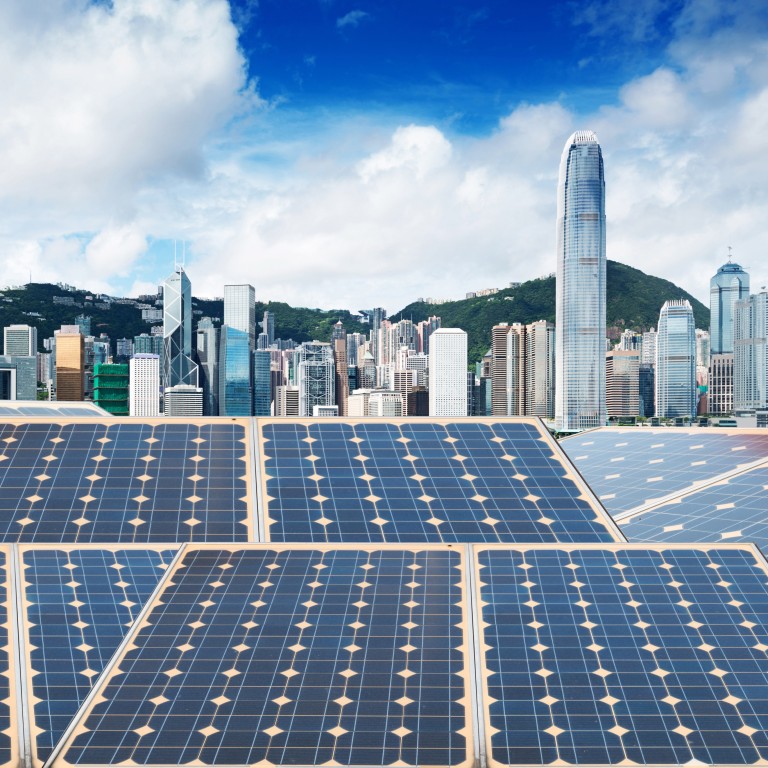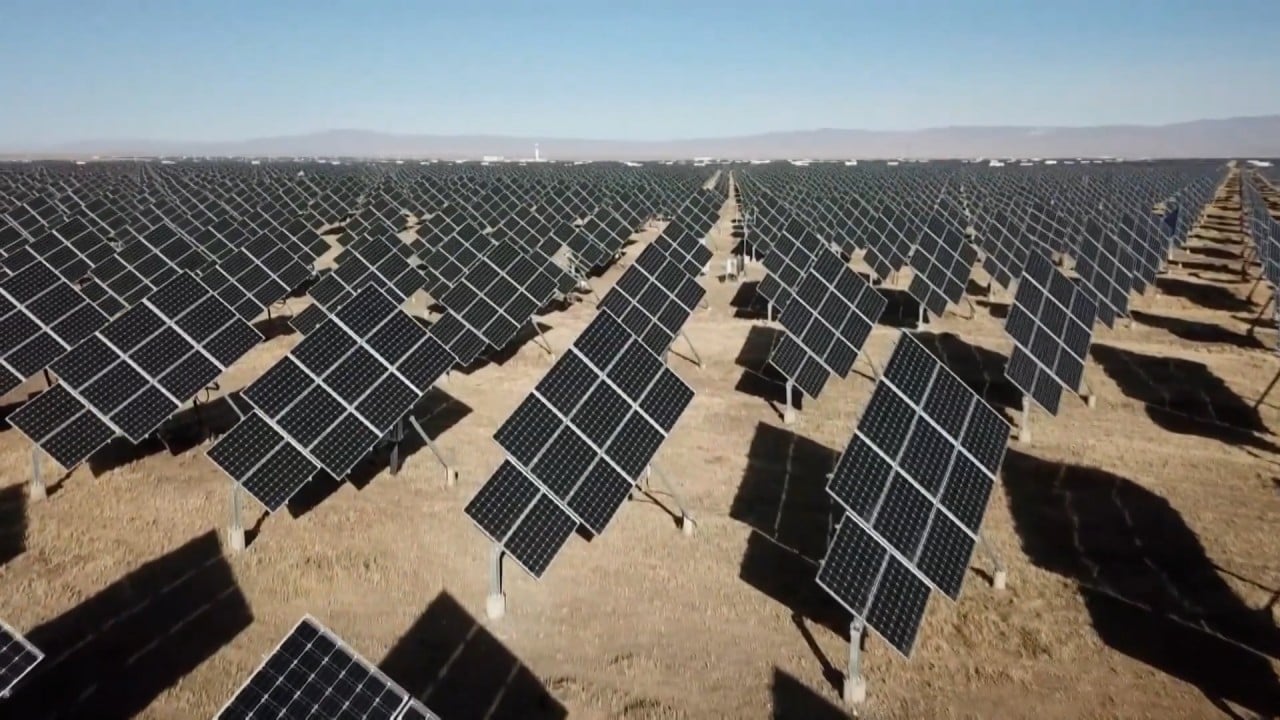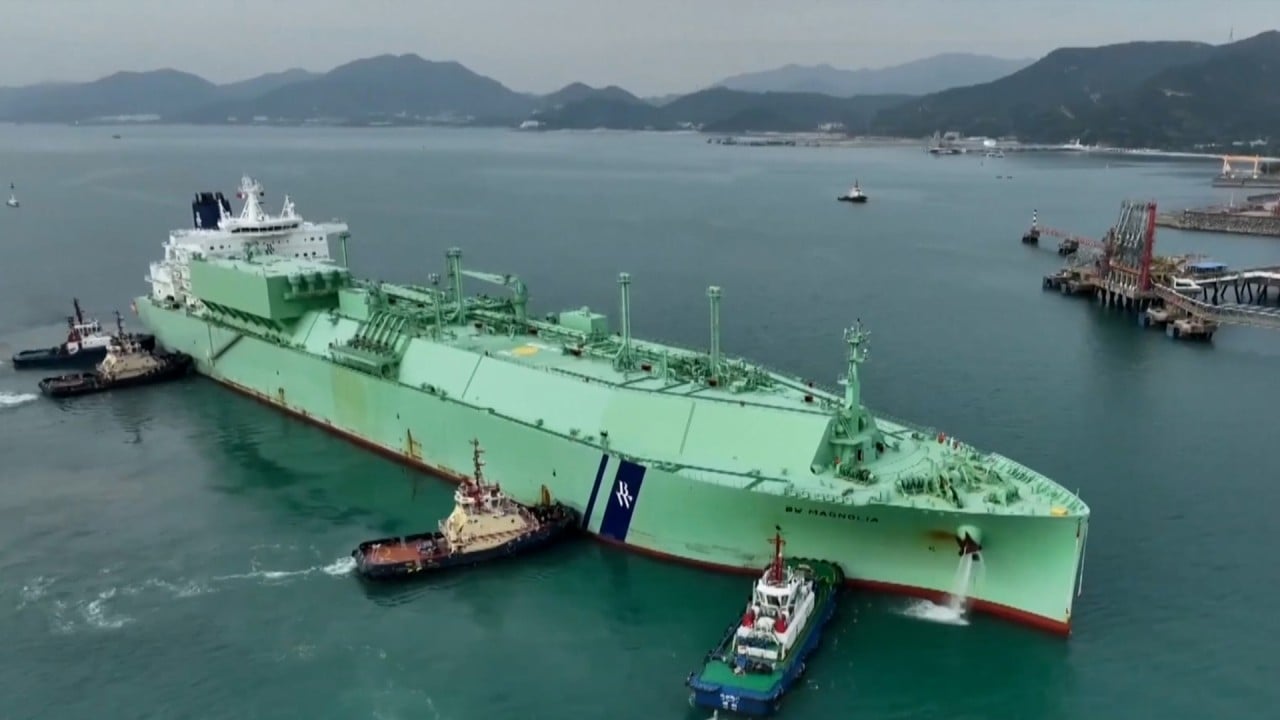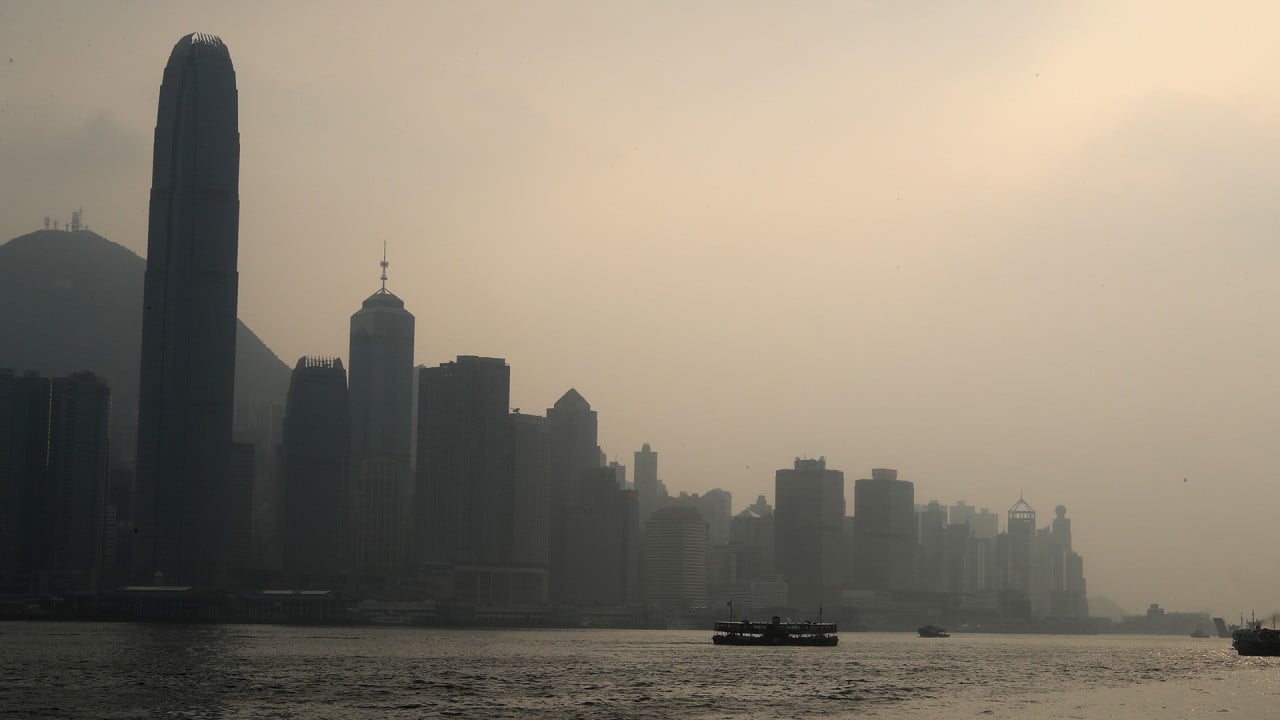
Climate change: Hong Kong has much ground to cover before becoming regional carbon trading hub, government steering group says
- City should try and link international investors with China’s carbon markets, if it can develop the needed market structure and regulatory models, steering group says
- The global voluntary carbon market is forecast to grow by 50 per cent to 80 per cent this year to between US$1.5 billion and US$1.7 billion: Trove Intelligence
Hong Kong’s rule setters and would-be market makers of a credible regional carbon market have their work cut out for them, according to regulators and sector experts.
The city needs to decide whether and how it will regulate carbon credit trading, as it seeks to act as a bridge between surging global demand for carbon footprint offsets and the world’s largest potential supply of carbon credits in China, the cross-agency steering group – set up by the Hong Kong government to study green and sustainable finance – said in a preliminary feasibility report published on March 30.
How China can fix the credibility of its carbon trading market
To meet the needs of international investors, Hong Kong will need to subscribe to global standards for measuring, verifying and reporting on the carbon reduction performance of projects on which credits are earned, said Chin-Chong Liew, head of structured finance and derivatives for Asia at London-based international law firm Linklaters.
Such standards are currently fragmented and need to be harmonised among different trading schemes. Linklaters is advising New York-based International Swaps and Derivatives Association on drafting widely accepted template bilateral contracts for voluntary credits trading.
“Like any other new product, it is quite hard to come out with new standards and regulations, which typically lag behind the emergence of financial products,” Liew said. “It is the ‘new product-old law’ dilemma.”
Globally, only 16 per cent of greenhouse gas emissions are covered by mandatory cap-and-trade systems, which impose a price on emissions according to demand and supply. Uncovered emissions can be traded through voluntary carbon markets.
Such markets allow projects that generate emission reductions to fight global warming to sell emission “allowances” in the mandatory market, or “credits” that can earn sellers revenue in the voluntary market.
Hong Kong property firms assess risks as extreme weather looms on horizon
Demand for carbon financial products is driven by commitments to cut carbon footprints to meet the 2015 Paris Agreement’s goal to limit global warming at 1.5 degrees Celsius above pre-industrial levels by 2100.
The global voluntary carbon market is forecast to grow by 50 per cent to 80 per cent this year to between US$1.5 billion and US$1.7 billion, after expanding by 190 per cent to just under US$1 billion last year, according to consultancy Trove Intelligence.
New China energy efficiency targets to drive heavy industry consolidation: analysts
Hong Kong has the potential to develop a regulated “on-exchange” voluntary carbon market, HKEX and the SFC said in the report after consulting mainland authorities and market stakeholders.
For the Greater Bay Area to come up with a unified market, standardisation and mutual recognition of each city’s rules on measurement, verification, reporting and accounting treatments of carbon emission rights will be required, said Linklaters counsel Wayne Huang.
For Hong Kong to become a competitive regional carbon trading hub, it needs to demonstrate its capabilities on exchange-traded commodities clearing and risk management, said Jeff Huang, co-founder of Hong Kong-based AEX Holdings, which facilitates forward electricity and carbon credits trading in China.
This is because the trading of emission reduction allowances, like other commodities, often involves greater price volatility and is more leveraged than stocks trading, which is the mainstay of the Hong Kong market.
The city should encourage multiple experienced intermediary players to participate to quicken the build-up of expertise to better compete with other markets that will vie for the same business, he said.
“Just because you have an exchange, it does not mean you can trade anything you want,” he told the Post. “Singapore has a much more vibrant and competitive market for commodities trading.”
Huang was formerly a managing director for China at Atlanta-based regulated commodities futures exchanges operator Intercontinental Exchange, and the vice-president for Asia at voluntary market operator Chicago Climate Exchange.
Even if Hong Kong puts in place the necessary regulations and market infrastructure, it will take time for the Chinese mandatory carbon market to mature for the city to play an intermediary role, he said.
Currently, only power generators, which account for around 40 per cent of the country’s carbon emissions, are included in China’s nine-month-old mandatory national carbon allowance trading scheme. Daily volumes are thin, as they are navigating a steep learning curve on trading and risk-hedging for both their emission allowances and their electricity output.
Progress on voluntary trading could be quicker, said Bill Kentrup, co-founder of Hong Kong start-up Allinfra, which provides digital tools that make carbon finance more efficient.
“I expect a significant shift in volumes in the next six to 12 months, especially if the [voluntary] China certified emission reduction scheme is relaunched as anticipated this year, before hitting commercial scale in 24 months,” he said.





